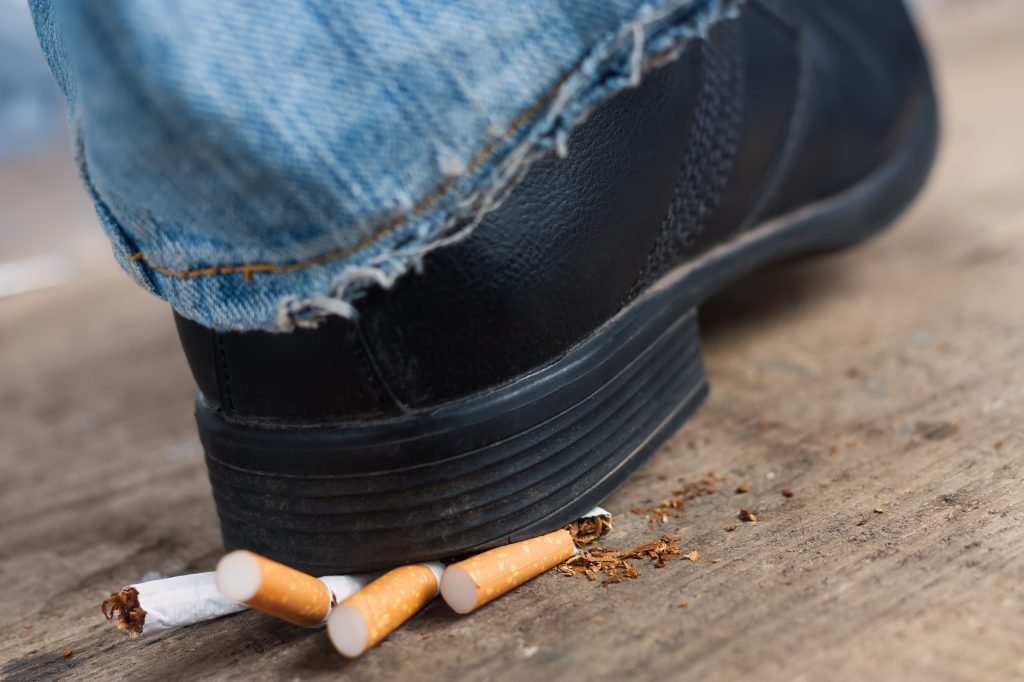More reasons to butt out

Most of us know that smoking can cause lung cancer and other respiratory diseases, but you may not be aware that it’s also a risk factor for urological diseases.
Each puff of cigarette smoke exposes the body to as many as 60 different carcinogens, many of which are detectable in urine samples.1 Smoking triples the risk of bladder cancer, and 50% of bladder cancers in men and 20% in women are attributable to smoking.1
Smoking also increases inflammation in the prostate. This inflammation increases the risk of developing prostate cancer and of having a more aggressive, advanced form of the disease.
The most significant risk factor for developing cancer in the upper renal tract, including the kidney, ureter and renal pelvis is smoking. Research shows that the risk is 60 to 100% higher in patients who smoke 20 or more cigarettes per day compared with non-smokers.1
In addition to cancer, tobacco use negatively impacts other urological functioning. Smoking can damage the blood vessels necessary for providing adequate blood flow to the penis, resulting in erectile dysfunction. Furthermore, smoker’s cough causes pressure on the pelvic floor muscles, which can lead to stress incontinence. Current knowledge also suggests that smoking has negative effects on fertility and aggravates interstitial cystitis, a chronic bladder and pelvic pain syndrome.
It’s not too late to quit
Quitting smoking decreases your risk of developing urological cancers, and it’s never too late to quit. Research shows that smoking cessation has significant benefits even for those who have tobacco-related cancers, including improved survival rates and quality of life.2
Resources
Talk to your doctor about programs and options for quitting smoking. Alberta Health Services offers a free, personalized smoking cessation program called AlbertaQuits.
References
1. Mobley D, Baum N. Smoking: it’s impact on urological health. Reviews in Urology. 2015; 17(4):220-225.
2. Bassett JC, Gore JL, Kwan L, et al. Knowledge of the harms of tobacco use among patients with bladder cancer. Cancer, Dec. 15, 2014.
3. Cumberbatch M, Rota M, Catto J, La Vecchia C. The role of tobacco smoke in bladder and kidney carcinogenesis: A comparison of exposures and meta-analysis of incidence and mortality risks. Eur Urol 2016;70:458-466.
4. National Heart, Lung and Blood Institute. How does smoking affect the heart and blood vessels? www.nhlbi.nih.gov/health/health-topics/topics/smo


